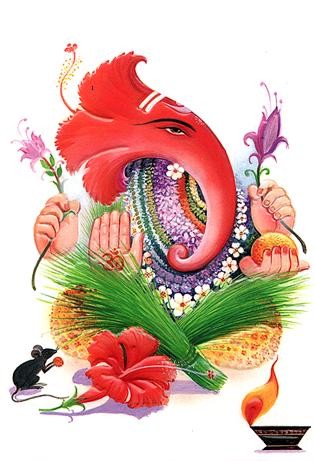New Delhi (PTI): It was a double delight for Telugus across the country as their centuries-old language was conferred the classical language status on Saturday on the 53rd formation day of Andhra Pradesh.
State Governor N D Tiwari kick-started the three-day celebrations here this evening. He also congratulated the people from the state on the occasion of their language getting classical language status.
Speaking on the occasion, he recalled the vital role played by Sardar Vallabhai Patel in integrating the Hyderabad Province into India.
He also expressed confidence that the Telugus will continue to contribute their mite as proud citizens of the nation and for overall development of the country.
State Agriculture Minister Raghuveera Reddy and officials also participated in the celebrations in Andhra Bhavan here.
A photo exhibition on the achievements of the Congress government was also inaugurated on Saturday.
*****
HYDERABAD: Statements continued to pour in on Saturday too, hailing the decision of the Union government according a “classical language” status to Telugu.
Potti Sriramulu Telugu University organised “victory celebrations” with a meeting on its premises in the Public Garden here participated by different eminent scholars.
PSTU Vice-Chancellor A. Bhoomaiah said the recognition would help the language to keep up glorious past legacy and, at the same time, pave way for further efforts to develop it. Poet and former chairman, State Official Languages Commission C. Narayan Reddy said time had come to take up an action plan to take Telugu beyond the confines of Andhra Pradesh. Jetti A. Oliver, chairman, Telugu Vedantha Sahiti Samithi, contended that original writings in Telugu in the fields of science, technology and theology must be promoted to phase out avoidable translations and sought funds for this purpose by the government.
*****
HYDERABAD: Welcoming the decision to give Telugu and Kannada classical languages status, Dravidian University, Kuppam in a joint press statement on Saturday said that it was a victory of the Dravidian family of languages. The university also pointed out its role in getting the status for both the languages. The University had organised an important lecture by eminent historian Iravatham Mahadevan who established a close nexus between the Harappan Civilisation and Telugu language. Also, the CM Y.S.Rajasekhara Reddy had emphasised the need to give classical status to Telugu at an Awards function organised by the Univeristy which honoured scholars who contributed their might for the development of the five Dravidian languages.
The University had also strongly voiced its concern to declare Kannada and Telugu as classical languages at a meeting organised by Krishna District Writers Association of the University held in June.
According to the press release, the University in its endeavour to achieve the same had worked very closely with reputed scholars like BH Krishnamurti, ABK Prasada etc. Vice-Chancellor of the University, Cuddapah Ramanaiah expressed his thanks to both the State and Central government for fulfilling the desire of people of both the states.
*****
Telugu film industry hails decision
HYDERABAD: The Telugu film industry has hailed the Central Government’s decision to accord classical language status to Telugu.
It is as a matter of pride for the entire Telugu community several organisations of the Telugu film industry opined.
In a joint statement issued here on Saturday, the Andhra Pradesh Film Chamber, Telugu Film Producers’ Council, Movie Artistes’ Association and Telugu Film Directors’ Association said that it was fitting that Telugu had been bestowed the honour in view of its history dating back to several centuries. K. S. Rama Rao, Tammareddi Bharadwaja, M. Murali Mohan and N. Shankar, belonging to the four organisations respectively, also lauded the contribution of former Chief Minister and TD leader late N.T. Rama Rao in spreading the greatness of Telugu community worldwide.
*****
Rajahmundry: Member of Parliament Vundavalli Aruna Kumar has said that according of classical language status for Telugu is a great honour for the people of Andhra Pradesh.
Speaking at a special function organised at Anam Kalakendram on Saturday, the MP said that it was a result of the concerted efforts made by the Telugu people at various levels.
This would help establish Telugu pithams in the country for development of the language.
MLA Routhu Surya Prakasa Rao hailed the Centre’s decision.
Kandula Durgesh, MLC, stressed the need for use of the language from primary level of education. K. Nirupa Rani, Vice-Chancellor of Adikavi Nannaya University, said that Telugu language was an ancient property given to this generation and it was a gift to the future generation.
The Vice-Chancellor appealed to the Telugu people to strive for the promotion of the language.
Endluri Sudhakar, professor, Telugu University, Karri Rama Reddy, neurologist, Viswanadha Gopalakrishna, scholar, S. Saibaba, DSP, M. Francis, Assistant Director, Information Department, and others attended the programme.
Earlier, Mr. Aruna Kumar, Mr. Surya Prakasa Rao, Mr. K. Durgesh and others garlanded the statue of Nannaya and the portrait of Potti Sriramulu.
Labels: tcld2006








